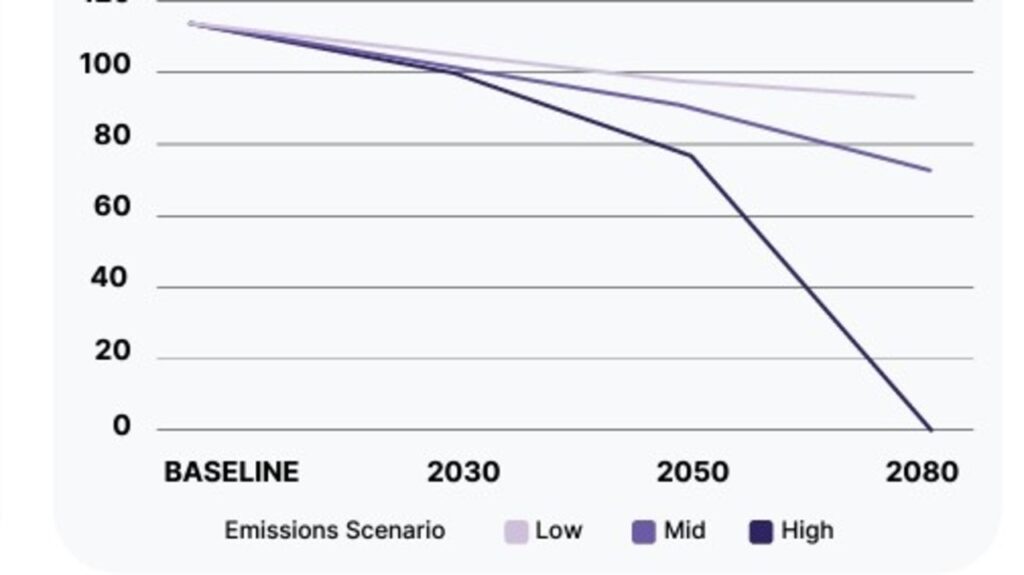Major Afterpay changes
Written by admin on June 5, 2024
Buy-now, pay-later services such Afterpay and Zip will be required to perform tighter credit checks on new customers and impose credit limits on certain users, under new consumer protection laws.
Financial Services Minister Stephen Jones on Wednesday introduced legislation into parliament to classify buy now, pay later products (BNPL) as credit products.
He told parliament that BNPL provided Australians access to cheaper credit; however, he said it could cause financial harm, citing a study that found 73 per cent of financial counsellors said users had cut back on buying essentials to pay off their BNPL debt.
About 40 per cent of Australians have used a BNPL service in the previous six months, according to a Finder survey in March.
Under the current rules, people aren’t required to prove their income to use the service, and that would change under tougher regulations.
“We want to ensure that those consumer protections that we think are necessary for credit products apply to the buy-now-pay-later sector and when we put in place those new laws, that’s exactly what will happen,” Mr Jones told ABC earlier.
“It will ensure that we maintain the great innovation and competition that the buy-now-pay-later sector has introduced into credit markets but the same consumer protections will be in place as well.”
Next step for deepfake laws
Australians could face up to six years in jail for sharing AI-generated sexually explicit images as part of efforts to curb a spike in high rates of violence against women.
Attorney-General Mark Dreyfus introduced new legislation to criminalise the creation and sharing of deepfakes earlier on Wednesday.
Offenders could face up to six years under the tough new laws, which were specifically designed to protect people over the age of 18.
According to an RMIT survey run last year, Australia has far higher victimisation rates of non-consensual sharing of deepfake pornography (3.7 per cent) compared with the global average of (2.2 per cent)
Mr Dreyfus told ABC earlier that the criminal code already had provisions that cover the spread of child abuse material.
“These are very serious penalties that we are going to provide. It’s a maximum of six years for sharing and for the aggravated offence it will be seven years. That’s if you have both created the material and shared it,” he said.
“But because the Commonwealth’s jurisdiction is limited to the activity of sharing, we’ll have to wait perhaps for states to catch up and criminalise the creation activity.”







